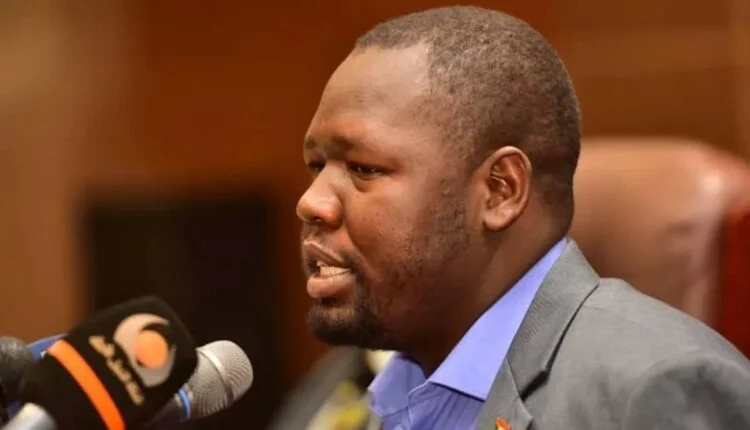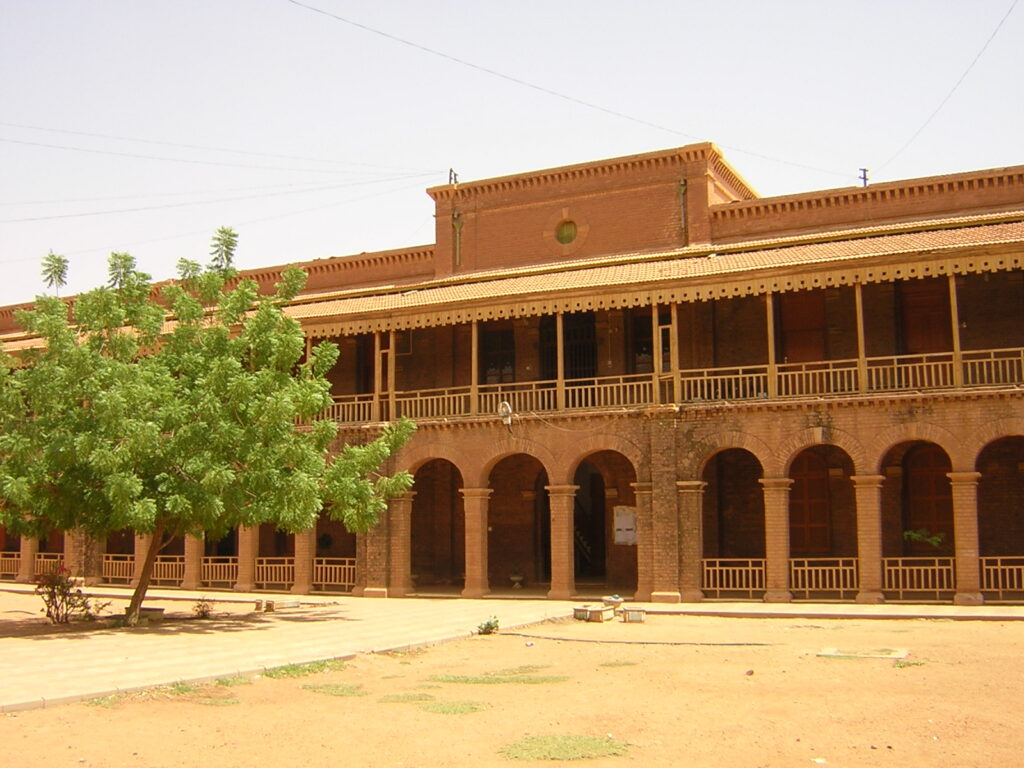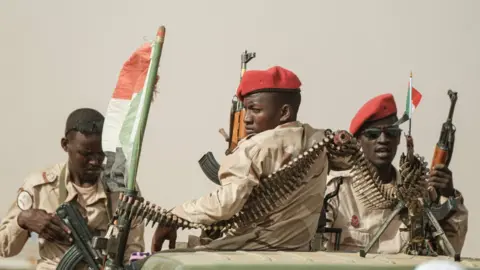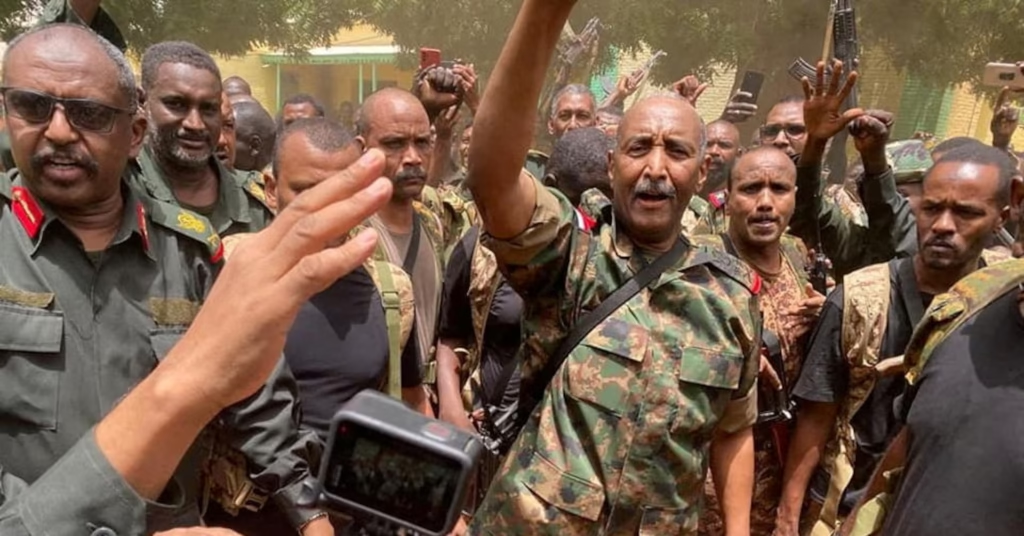
A senior figure in the SAF-aligned Democratic Bloc, Mubarak Ardol, publicly urged General Abdel Fattah al‑Burhan to engage swiftly and positively with a ceasefire initiative proposed by the so-called Quad group (the United States Department of State, Saudi Arabia, United Arab Emirates and Egypt) during recent diplomatic meetings in Washington.
The proposal calls for a three-month humanitarian truce, which would be followed by a permanent ceasefire and then a transition to civilian governance within nine months.
Ardol stressed the urgency of the initiative given the escalating humanitarian crisis in Sudan, and he appealed to the military leadership to demonstrate “practical flexibility” that would enable the proposal to be implemented without altering its essence or timetable.
In a televised address Monday night, General Burhan acknowledged that the city of El Fashir in North Darfur had fallen under the control of the Rapid Support Forces (RSF), and that SAF units had withdrawn to safer positions.
This admission came amid mounting pressure for a ceasefire as the Darfur theatre becomes central to the conflict’s next phase.
The Quad’s roadmap was officially announced in September: it urges an immediate three-month humanitarian pause, followed by a full ceasefire and a nine-month transition to civilian rule. The group also stressed that Sudan’s sovereignty, unity and territorial integrity must be preserved.
Nonetheless, Burhan’s Port Sudan based junta had previously rejected the initiative outright, calling it external interference and insisting on terms that preserve the SAF’s dominant role in any future settlement.
Recent military developments compound the urgency. The RSF’s capture of El Fashir and the city of Bara in North Kordofan (which lies on a key east-west corridor) signals a shift in the war’s geography. The RSF now controls significant parts of Darfur and is positioning toward central and northern Sudan.
Ardol’s appeal indicates internal strains within the Port Sudan junta political camp: pressure is mounting for a military leadership to shift toward negotiations after battlefield losses and humanitarian collapse. If the military leadership accepts the truce proposal, it could open a path toward easing the war — or alternatively, the rejection of the offer could deepen polarisation and entrench fighting.
The importance of the Darfur region and El Fashir specifically cannot be overstated: the region holds major strategic, humanitarian and resource value. Loss of control there undermines Burhan’s claim to national command and boosts RSF bargaining power.



